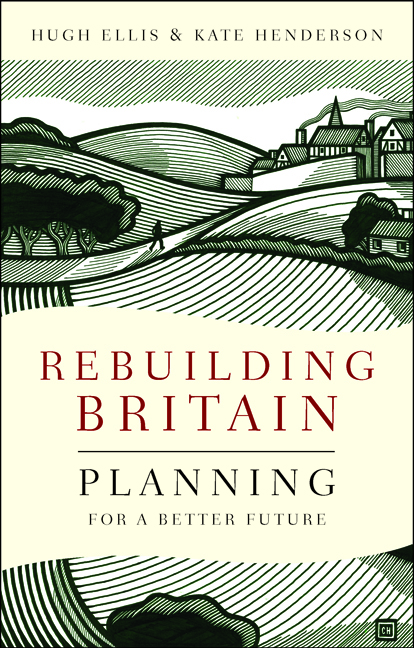14 - Paying for utopia
Published online by Cambridge University Press: 04 March 2022
Summary
Roads are made, streets are made, railway services are improved, electric light turns night into day, electric trams glide swiftly to and fro, water is brought from reservoirs a hundred miles off in the mountains – and all the while the landlord sits still. Every one of those improvements is effected by the labour and cost of other people. Many of the most important are effected at the cost of the municipality and of the ratepayers. To not one of those improvements does the land monopolist contribute, and yet by every one of them the value of his land is sensibly enhanced. He renders no service to the community, he contributes nothing to the general welfare; he contributes nothing even to the process from which his own enrichment is derived….And all the while the land monopolist has only to sit still and watch complacently his property multiplying in value, sometimes manifold, without either effort or contribution on his part. And that is justice! (Winston Churchill, 1909)
While there will be many counterarguments about the need for a better society, the most devastating is that it is simply unaffordable. Yes, it would be nice to live in inclusive and resilient places, but our economy simply cannot afford the cost. The truth is just the opposite. Many of the measures in relation to housing and climate change have real long-term cost savings both in terms of people’s health and well being and in terms of the cost of damage caused by extreme weather. Building highly adaptable housing for older people means that they can remain independent for longer, with cost saving to tax payers. Building municipal and community renewable and low carbon energy schemes can provide valuable new income streams in addition to reducing carbon emissions, helping alleviate fuel poverty, and improving the nation's energy security. Building resilient communities means that cost of flooding in terms of insurance will fall. Indeed future investment in land will be defined largely by its resilience to climate change.
One of the most obvious failings of our current speculative development model is its inability to account for these benefits in assessing the viability of development schemes. Viability is now seen only in very limited terms and in relation to short-term profits for the private sector.
- Type
- Chapter
- Information
- Rebuilding BritainPlanning for a Better Future, pp. 125 - 136Publisher: Bristol University PressPrint publication year: 2014



